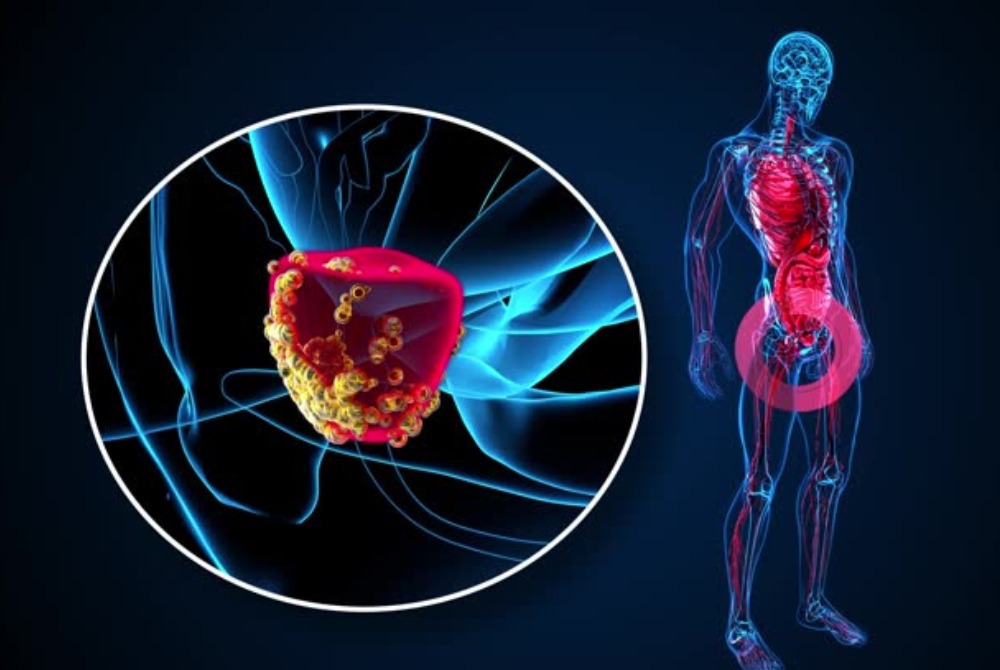Prostate cancer on the rise in Malaysia - here's what you need to know
Experts are calling for heightened awareness and early detection measures.

Prostate cancer cases in Malaysia are gradually increasing, now ranking as the third most common cancer among men, with a reported incidence of nine cases per 100,000 population based on the National Cancer Registry (2017–2021).
"Based on the National Cancer Registry, up to 2011, the incidence was about six per cent but the latest figures from 2017–2021 show it has gone up to nine per cent," said University Malaya Urologist Dr Ahmad Nazran Fadzli in a podcast with Sinar Daily.
Although Malaysia’s incidence rate is lower than countries like the United Kingdom, where the rate was 74 per 100,000 in 2022, Dr Nazran emphasised the importance of proactive measures.
"This nine per 100,000 population may not seem like a huge number, but the steady rise demands attention. Prostate cancer is now the third most common cancer among men in Malaysia," he said.
To combat this, experts are calling for heightened awareness and early detection measures. When asked about genetic predispositions, Dr Nazran confirmed that family history plays a significant role in prostate cancer.
"If you have a first-degree relative like a father or brother with prostate cancer, your risk doubles.
"If you have two relatives, the risk becomes four times higher. "While there is a variation in the BRCA gene associated with prostate cancer, it’s not as strongly linked as it is with breast cancer," he said.

Dr Nazran also shed light on testicular cancer, a less common but significant concern among young men.
Eventhough the incidence of testicular cancer is about 0.9 per 100,000 population may seem low, it is the third most common cancer among men aged 15 to 35 years old, based on the 2016 Cancer Registry.
Therefore, he said the number makes it an important issue to be aware of.
For testicular cancer, Dr Nazran said familial cases exist, but no specific genetic markers have been identified.
"It can run in families, but not due to any particular gene," he said.
According to Dr Nazran, prostate cancer is influenced by several factors, though none are definitive beyond age, family history, and race.
He said there is a lot of research on potential risk factors like smoking, alcohol, and dietary elements such as tomatoes and vitamins D and E.
However, none of these have shown consistent preventive or risk effects.
"Age remains the most confirmed risk factor—older age increases the likelihood significantly," he explained.
He also said that certain racial groups, such as Afro-Caribbeans, are at a higher risk.















